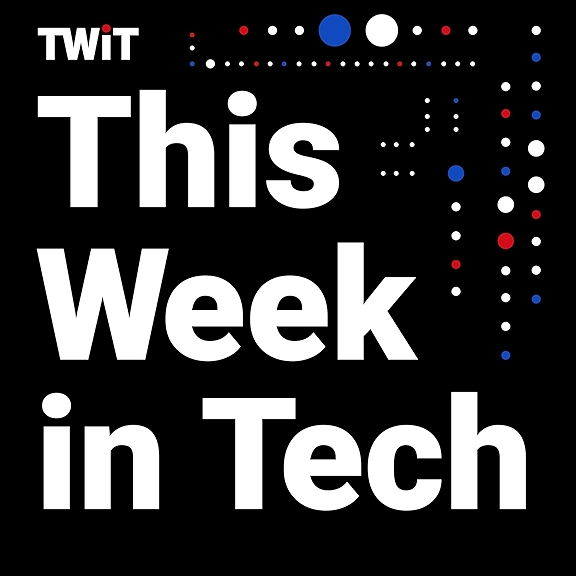
Many unlocked mysteries remain about the workings of the human brain. Neuroscientists are making discoveries that are helping us to better understand the brain and correct preconceived notions about how it works. With the dawn of the information age, the brain’s processing was often compared to that of a computer. But the problem with this analogy is that it suggested the human brain was hard-wired, able to work in one particular way only, much as if it were a computer chip, and which, if damaged, could not reroute itself or restore function to a damaged pathway.
Taylor Owen’s guest this week on the Big Tech podcast is a leading scholar of neuroplasticity, which is the ability of the brain to change its neural networks through growth and reorganization. Dr. Norman Doidge is a psychiatrist and author of The Brain That Changes Itself and The Brain’s Way of Healing. His work points to just how malleable the brain can be.
Dr. Doidge talks about the brain’s potential to heal but also warns of the darker side of neuroplasticity, which is that our brains adapt to negative influences just as they do to positive ones. Today, our time spent in front of a screen and how we interact with technology are having significant impacts on our brains, and those of our children, affecting attention span, memory and recall, and behaviour. And all of these changes have societal implications.




















